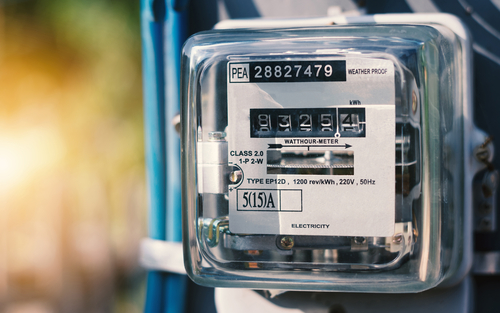Think-tank urges stricter power auction rules
- February 15, 2021
- 0

An infrastructure-oriented think-tank is urging the Department of Energy (DOE) to implement stricter rules in the competitive selection process (CSP) of power distribution utilities after three bidders, particularly Kingstone Energy, were disqualified from the Manila Electric Company’s (MERALCO) CSP bidding for 1,800 megawatts (MW) of power supply.
“While the CSP has been proven as a viable and transparent process to ensure the least cost to electricity consumers, the DOE should implement stricter rules to ensure that bidders have proven local track record and pose no national security risks,” said Infrawatch PH convenor Terry Ridon.
Ridon, a former member of the House Committee on Energy, said new CSP rules should thoroughly vet the track record of bidders of future power supply.
“All bidders except one are familiar names in the power industry. These firms have already been generating power for various distribution utilities in the country even prior to the current 1,800MW. The same cannot be said [for Kingstone Energy]. A proven track record in the local power sector should be indispensable in CSP bidding, as its boosts the integrity of the entire bidding process, and raises consumer confidence on the viability of future power supply,” he added.
A newcomer in the Philippine energy scene, Kingstone is said to have Chinese financial backing. Meanwhile, Ayala-led AC Energy and Solar Philippines, which are heavily involved in renewable energy, are the other two disqualified bidders.
The CSP’s nine original bidders offered a total of 5,850MW in capacity. MERALCO’s third party bids and awards committee will open the bids on Friday (February 19). AC Energy and Solar Philippines, which recently went into a joint venture, are expected to appeal their respective bids.
Ridon said 1,800MW of future power supply is no small matter to be left to companies without a local track record, as this constitutes almost twenty percent of Luzon’s 2020 peak power demand of 10,570MW.
The former party-list lawmaker added that Kingstone’s disqualification reflected its failure to grasp local rules and regulations, specifically the moratorium on the building of new coal power plants.
“Unless Kingstone can show that its proposal is not within the purview of government’s coal-fired power plant moratorium, it had no business participating in the Meralco CSP,” Ridon pointed out.
He also stressed that the importance of local track record also relates to the country’s national security challenges.
“Senate deliberations on foreign interference in the country’s transmission sector has not yet even been concluded. The country can ill afford another round of foreign interference in the country’s distribution network, especially covering national capital region,” Ridon said.
While Republic Act 9136 or the Electric Power Industry Reform Act (EPIRA) liberalizes equity restrictions on power generation, Ridon believes that the government is not powerless to require national security clearances for new power plants proposals.
“These national security clearances may be made part of the CSP process in order to guard against illicit foreign interference into our power grid,” he emphasized.